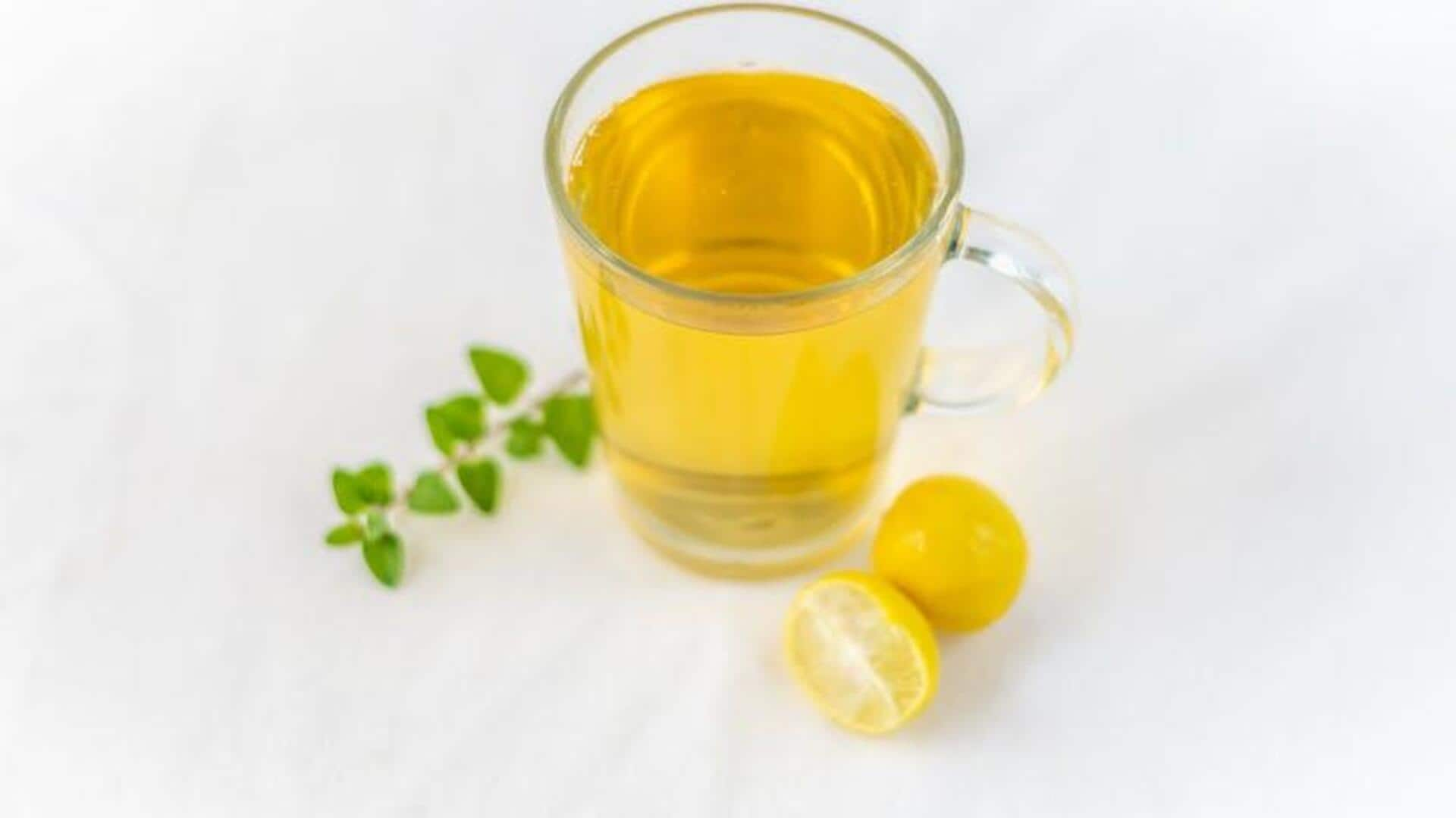
Lemon balm tea: A natural remedy for digestive issues
What's the story
Lemon balm tea, made from the leaves of the lemon balm plant, is a popular herbal drink. It is known for its mild lemony flavor and calming properties. Traditionally, the tea has been used to relieve stress and promote relaxation. However, recent studies indicate that it may also benefit digestion. Here are some potential digestive benefits of lemon balm tea.
Tip 1
Eases digestive discomfort
Lemon balm tea has been traditionally used to deal with digestive problems such as bloating and indigestion. The compounds in lemon balm are thought to relax the muscles of the gastrointestinal tract, which may help relieve discomfort. Drinking this herbal tea after meals may help reduce bloating and make digestion easier.
Tip 2
Supports gut health
Some studies indicate that lemon balm may promote gut health by balancing gut bacteria. A healthy balance of gut bacteria is essential for proper digestion and absorption of nutrients. Regular consumption of lemon balm tea may help maintain this balance, leading to improved gut health over time.
Tip 3
Reduces gas production
Gas production is a common problem that can cause discomfort and embarrassment. Some studies indicate that the antispasmodic properties of lemon balm can help reduce gas production by relaxing the muscles in the intestines. This could lead to a more comfortable digestive process, making it easier to deal with the symptoms of gas.
Tip 4
Alleviates symptoms of Irritable Bowel Syndrome (IBS)
Irritable bowel syndrome (IBS) is a common gastrointestinal disorder that can cause symptoms like abdominal pain, bloating, and changes in bowel habits. Some research suggests that lemon balm tea may help alleviate some of these symptoms due to its calming effects on the digestive system. While more research is needed, it could be a helpful addition to an IBS management plan.
Tip 5
Enhances overall digestion efficiency
Drinking lemon balm tea regularly may enhance overall digestion efficiency by stimulating the production of bile, which is essential for breaking down fats in the body. This stimulation could lead to more efficient digestion processes, improving nutrient absorption from food consumed throughout the day.